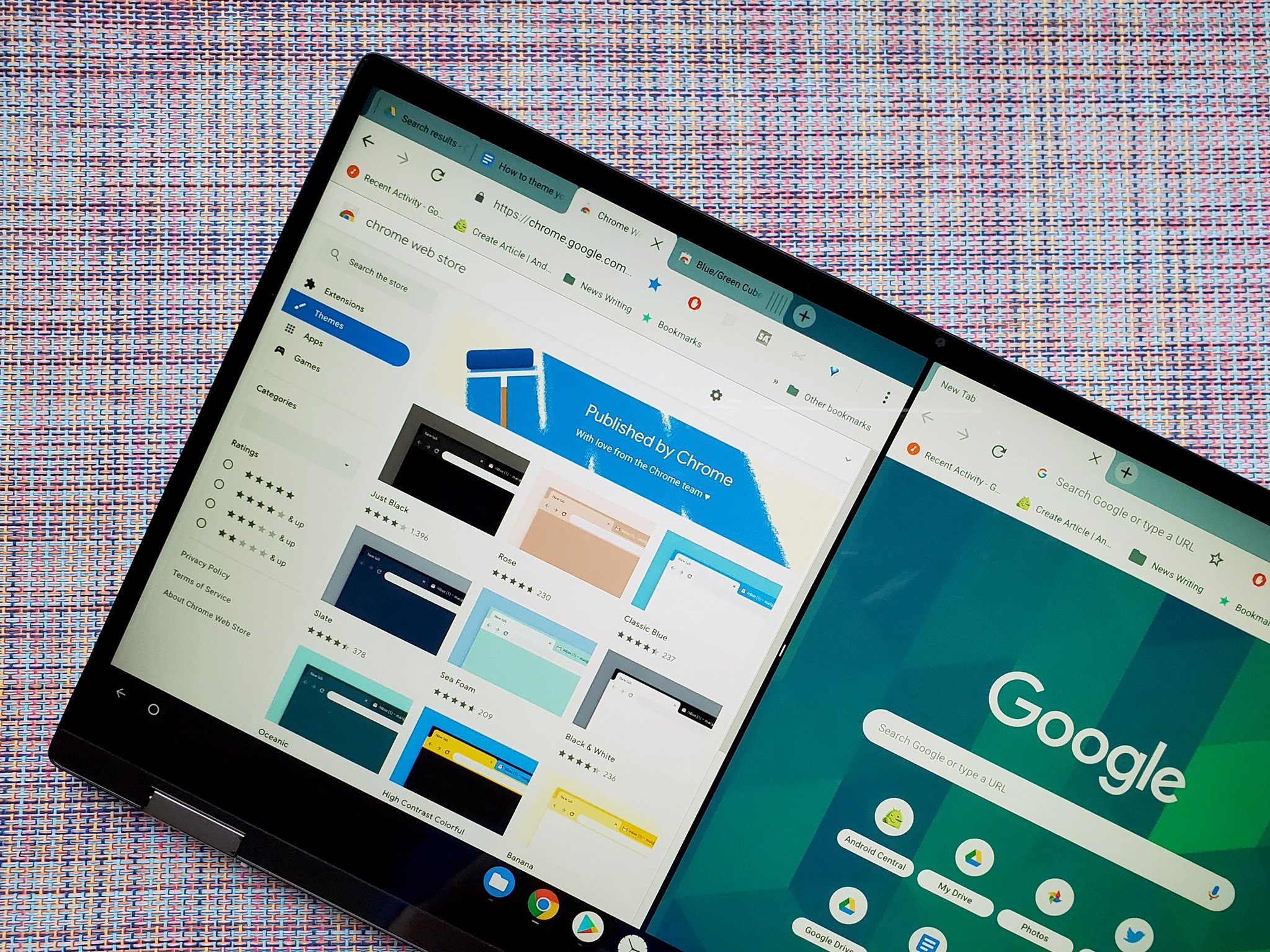No more dragging of icons manually to where you want them to be.
Update, October 4 (9:55 a.m. ET): Google has apparently begun developing an alphabetical sorting method for the app launcher in Chrome OS
What you need to know
- A new commit in the Chromium Gerrit indicates that Chrome OS will soon introduce a new way to easily organize your app launcher.
- The upcoming sort method will let you reshuffle apps and folders alphabetically.
- It's not clear for now when Google will roll out the new sorting option.
Chromebooks currently don't have a straightforward method to easily organize your apps in the launcher. If you want to arrange items in the app launcher, you'll need to do tons of manual dragging to achieve your desired order, but that's about to change.
A new commit in Chromium Gerrit suggests Google is working on a new way to sort your apps and web applications in an alphabetical order, as spotted by Chrome Unboxed. The upcoming implementation will sort your apps either by name or in reverse name order.
Additionally, the app launcher will display all folders front and center in the app drawer once you trigger the alphabetical sorting option, leaving all other items below them. All apps in the folder will also follow suit.
The upcoming feature also looks set to fix Chrome OS's perennial issue with syncing items in the launcher across your devices. According to the commit, the system will sync apps on "other syncable devices" when you turn on alphabetical sorting.
Finally, the experimental sort will work to incur "the minimum change in sync items". This means the algorithm will only change the ordinal of a specific app that's not in the proper alphabetical position while keeping the other items that are already in their correct order.
For now, it remains unclear when Google will roll out the alphabetical app sorting to the best Chromebooks. That said, it's good to see the company working on one of Chromebook's most requested features.
Update, October 4 (9:55 a.m. ET) ― Chrome OS's alphabetical sorting method for the app launcher has apparently entered development
Google appears to have kicked off the development phase for an alphabetical app launcher sorting method in Chrome OS.
According to Chrome Unboxed, the upcoming sorting method is being tested in the Chrome OS Canary channel. The outlet also provided an early look at how it works, although it noted that it's "rudimentary" at the moment.
To get started with alphabetical sorting, you can just click on the arrows sitting at the top of Chromebook's launcher. It should be noted that the arrows show up only in tablet mode.
After that, the apps are automatically organized in alphabetical order. That said, there are currently a few issues with the experimental feature, such as apps and folders not returning to their most recent order when you sort back to "My order."
Source: androidcentral
